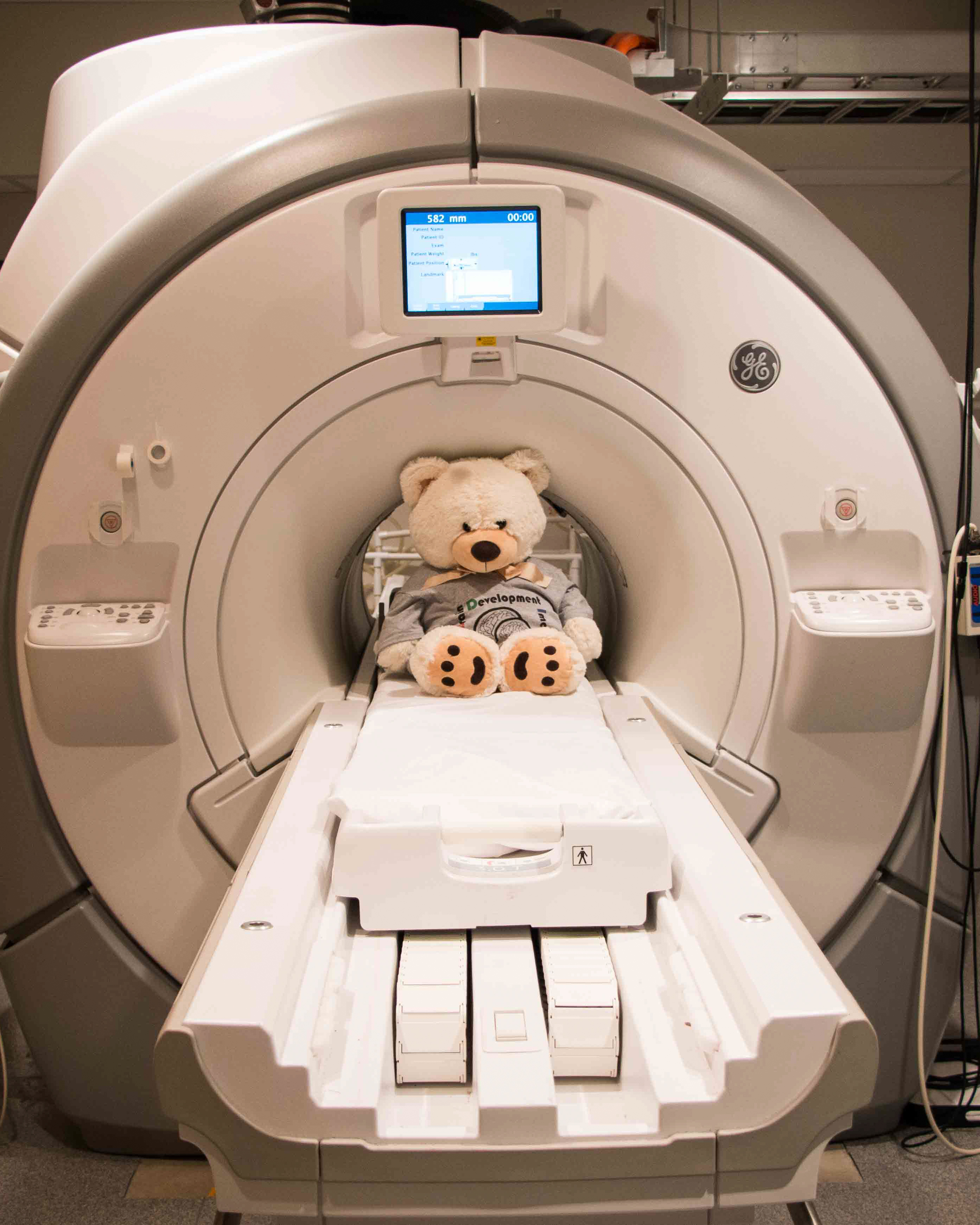Adults with Autism or Asperger’s Syndrome
Understanding the brain mechanisms at work in older adults with autism can help us improve their lives and the lives of those who care about them.
Research Question
Dr. Ruth Carper and her colleagues are conducting a research study to find out more about adults with autism spectrum disorders, including how adults with ASD think, how their brains work, and how these things change as they get older.
How can you help?
If you are between 40 and 75 years of age, live in Southern California, and have or suspect to have a diagnosis of Autism Spectrum Disorder (ASD) or Asperger’s Syndrome, you may be able to participate. We also invite adults who are not affected by autism to volunteer as comparison research participants.
What’s involved?
Diagnostic & Cognitive Assessments
The study involves a research evaluation of behaviors associated with autism at the SDSU Center for Autism, and a neuropsychological evaluation of your memory, attention span, and other cognitive skills.
MRI Scan
An MRI scan of your brain at the SDSU Imaging Center, which allows us to collect information about your brain anatomy and function.
Come back in 3-4 years
This is a longitudinal study, so we hope to see you back in about 3-4 years for another scan and set of assessments.
Get Compensated

Interested?
If you think you qualify for this study or if you are the guardian or conservator of someone who might, please get in touch!
